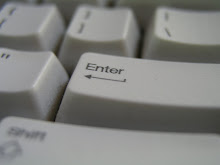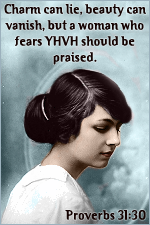In the public speaking group Toastmasters, you are taught how to give speeches and critiqued on a number of things. One of the things you get "dinged" for is making a pointless syllable. Um. Uh. Er. Well. Hm. Oh. Etc. But why do we say them, anyway? Why are they habitual for nearly every person you run into? Do they have a purpose?
My answer: Yes. It has a purpose. (Everyone in Toastmasters cringes and protests) Hang on! I'll explain.
"Um" is often used to fill the silence that follows a question. Ex: "What would you like to do today?" "Uh... Go to town, I guess." In modern English conversations, silence during the conversation is dreaded, and either person will do anything to keep a silence from occurring. "Um" is a place-holder sound. It informs the person asking you the question that you are thinking of the answer and they should be quiet until you finish thinking. If you were to remain silent, the asker would assume they asked the question in such a way as it was difficult to understand. So the moment you begin to answer, they rephrase the question. Then there comes the awkward "You go first." "No, you." "I insist - what were you going to say before I interrupted?" "I forgot now."
Alternately, it can initiate a conversation by capturing someone's attention while you are thinking of what to say, "Ummmm, hey, I was going to talk to you about the concert tomorrow." And the "Um" is held out to the duration of the time to figure out what you're going to say. Convenient!
Perhaps it might have become a matter of etiquette in our society to include these little "nothing" sounds, maybe even as important as non-verbal cues. In the age of the telephone, they may be entirely replacing non-verbal cues. Rather than letting the phone line go silent and make the other person sit there and listen to nothing, you'll utter a long "Weeeeeeeeeeeeeeeeeeeeeeeeeeeeeeell..." so that at the very least they won't think you hung up or fell asleep!
I believe that is also why run-on sentences happen. How many "and"s can you fit in that sentence? My explanation: When someone comes to a punctuation mark, like a comma or period, in their spoken paragraphs, they panic. If they allow a full pause to indicate a period, someone might grab that moment and start talking, so, in preservation of their "speaking turn," they add on to a single sentence as much as possible to put out all the information they possibly can before the other person can jump on the break in their sentence and mess up your train of thought, because you have so much more to say and besides, if they take the "floor" with the conversation, you may never have a chance to finish what you were saying and then it would be a horrible tragedy so you go on and on without pausing or taking a breath until you finally gasp for a breath at the end of your monologue and let the other person speak.
Whatcha think?
Being the one who is guilty of LONG awkward silences and snipping ALL sentences short, this is what I've noticed around other people. Feel free to correct...
Female Persimmon Flowers
1 year ago




just wanted to tell you, I have joined in the fun over at blogspot... http://carpebanana.blogspot.com/
ReplyDelete